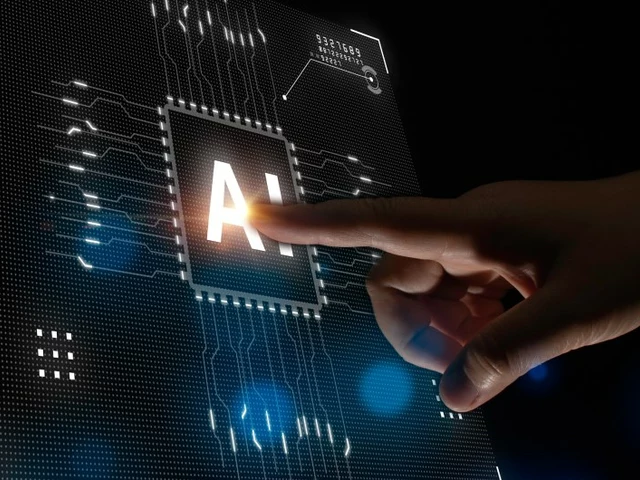What is the next step after quantum computing?
Understanding the Current State of Quantum Computing
Quantum computing is a term you may have heard before, but it's not always easy to understand. Quantum computing is a form of computation that uses quantum bits, or qubits, which can be in both states at once, thanks to the weird laws of quantum mechanics. This allows it to process much more information than traditional computing. It's a field that's still very much in development, but it's already showing promise for a range of applications, from drug discovery to climate modeling.
The Limitations of Quantum Computing
However, despite its potential, quantum computing does have its limitations. The technology is still in its infancy, and there are numerous technical challenges that need to be overcome before it can be used on a large scale. These include the need for extreme cooling and the difficulty of maintaining quantum states. Additionally, quantum computers are not yet able to outperform classical computers in most tasks.
What Comes After Quantum Computing?
So, what comes after quantum computing? It's hard to predict with certainty, but there are a few areas that researchers are looking into. These include neuromorphic computing, which mimics the human brain, and bio-computing, which uses biological materials to perform computations.
Neuromorphic Computing: A Step Beyond Quantum
Neuromorphic computing is a fascinating branch of computing that attempts to mimic the human brain's architecture. By doing this, these systems hope to achieve a level of efficiency and problem-solving ability that far surpasses that of traditional computers. The idea here is not just to create a powerful computer, but one that can think and learn like a human. While this field is still in its early stages, it holds great promise for the future.
Understanding Bio-computing
Another future direction for computing is bio-computing. This involves using biological materials, such as DNA and proteins, to perform computations. The potential here is massive. Imagine a computer that can self-replicate, repair itself, or even evolve. While this might sound like science fiction, researchers are already making progress in this field.
Quantum Computing and Artificial Intelligence
Quantum computing also has potential implications for the future of artificial intelligence (AI). Quantum computers could potentially process and analyze data much faster than traditional computers, which could lead to major breakthroughs in AI. However, it's important to remember that we're still a long way off from realizing this potential.
The Future of Cryptography
Another area that could be impacted by the advancements in computing technology is cryptography. Quantum computers pose a threat to current encryption methods, but they could also lead to new, more secure methods. In addition, bio-computers could potentially store and process data in ways that are currently unimaginable, leading to new possibilities in cryptography.
Exploring the Potential of Molecular Computing
Molecular computing is another exciting area of research. This involves using molecules to perform computations, which could potentially allow for incredibly small and efficient computers. There are still many challenges to overcome in this field, but the potential rewards are enormous.
Nano-technology and Computing
Nanotechnology is another field that could have a major impact on the future of computing. By manipulating materials at the atomic level, we could create computers that are incredibly small and efficient. This could revolutionize everything from medical devices to space exploration.
Conclusion: The Future is Exciting
In conclusion, while we may not know exactly what comes after quantum computing, it's clear that the future of computing is incredibly exciting. Whether it's neuromorphic computing, bio-computing, molecular computing, or nanotechnology, the possibilities are endless. It's an exciting time to be involved in this field, and I can't wait to see where the future takes us.







